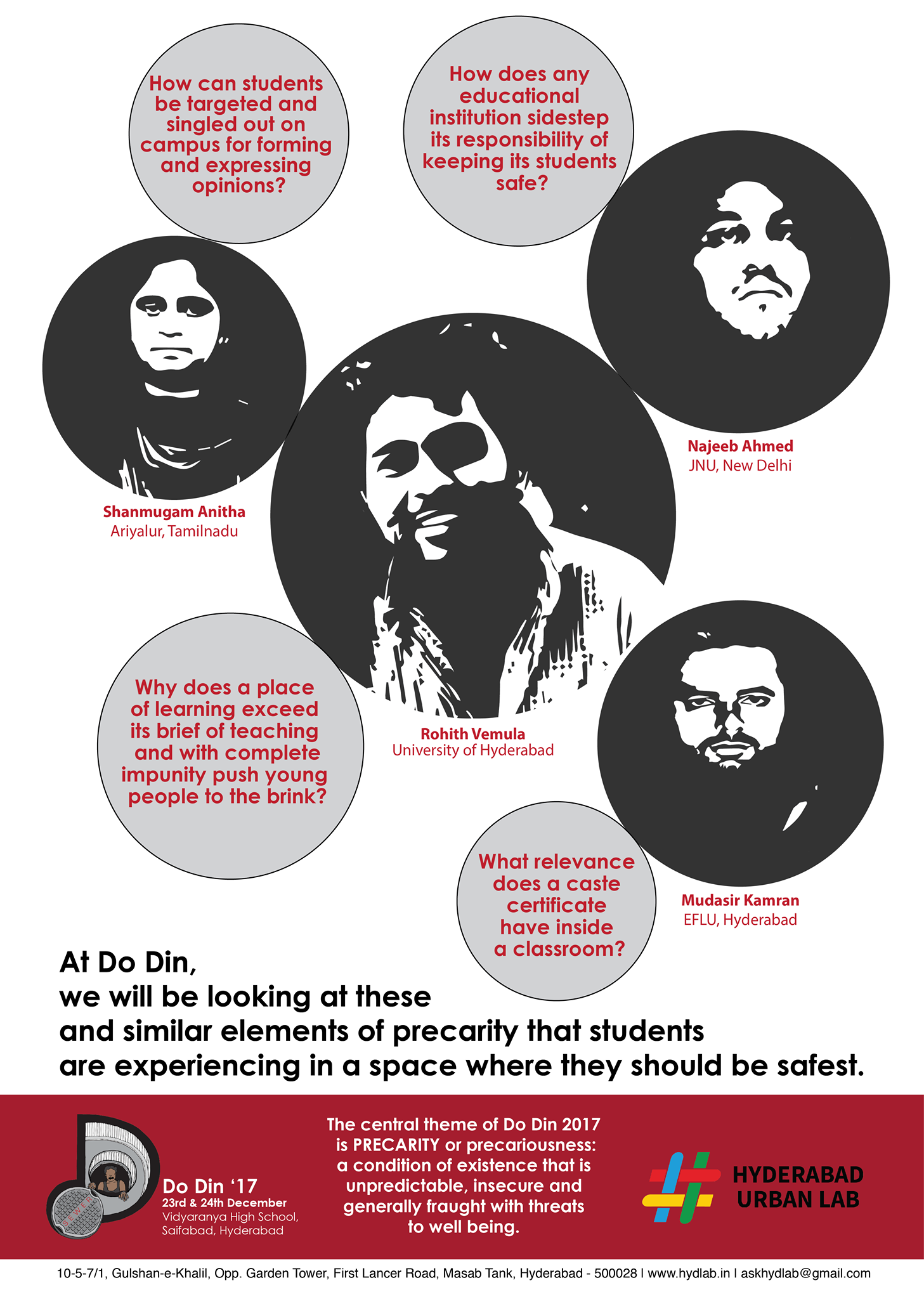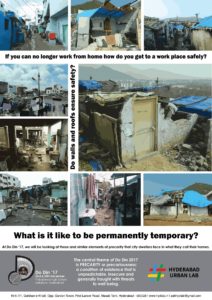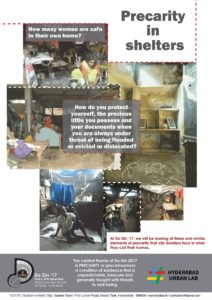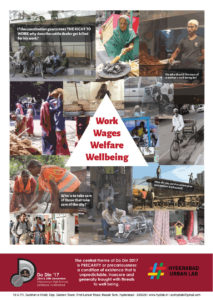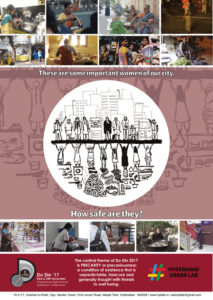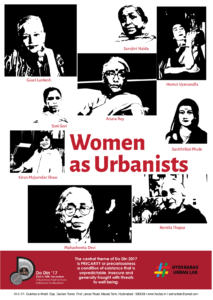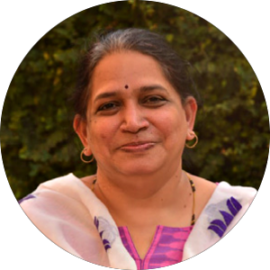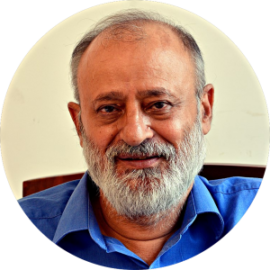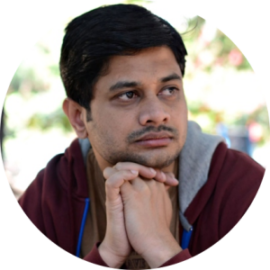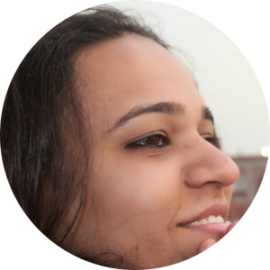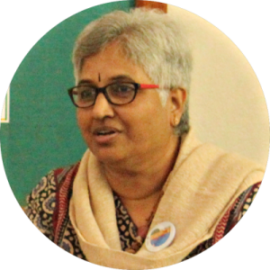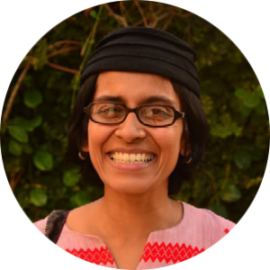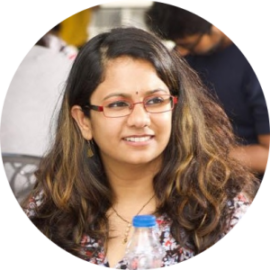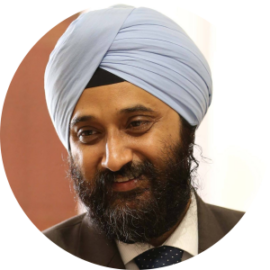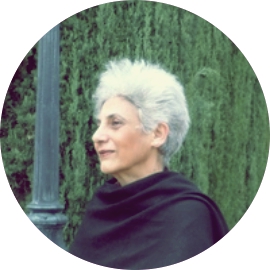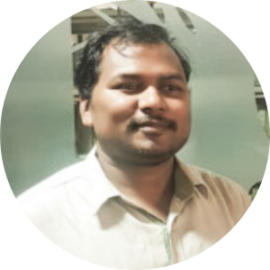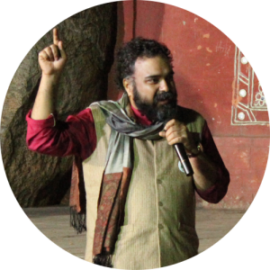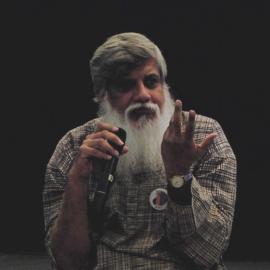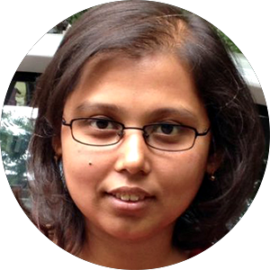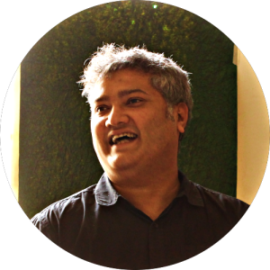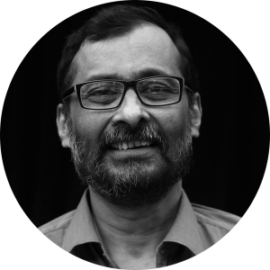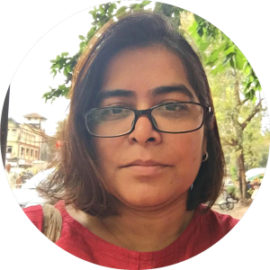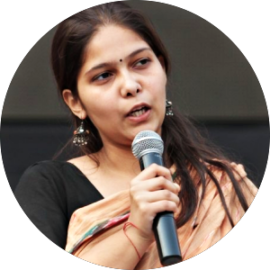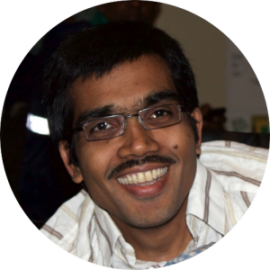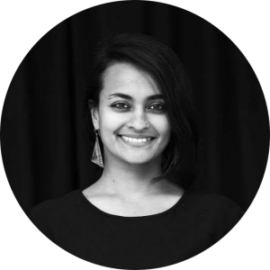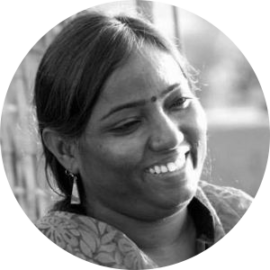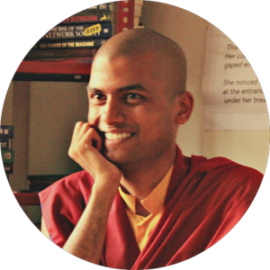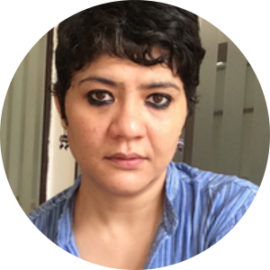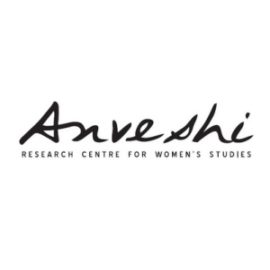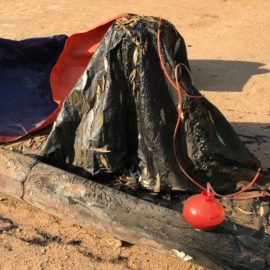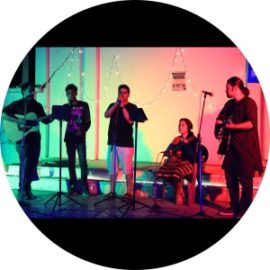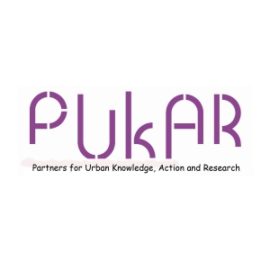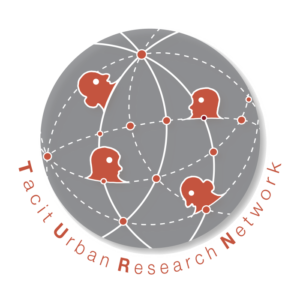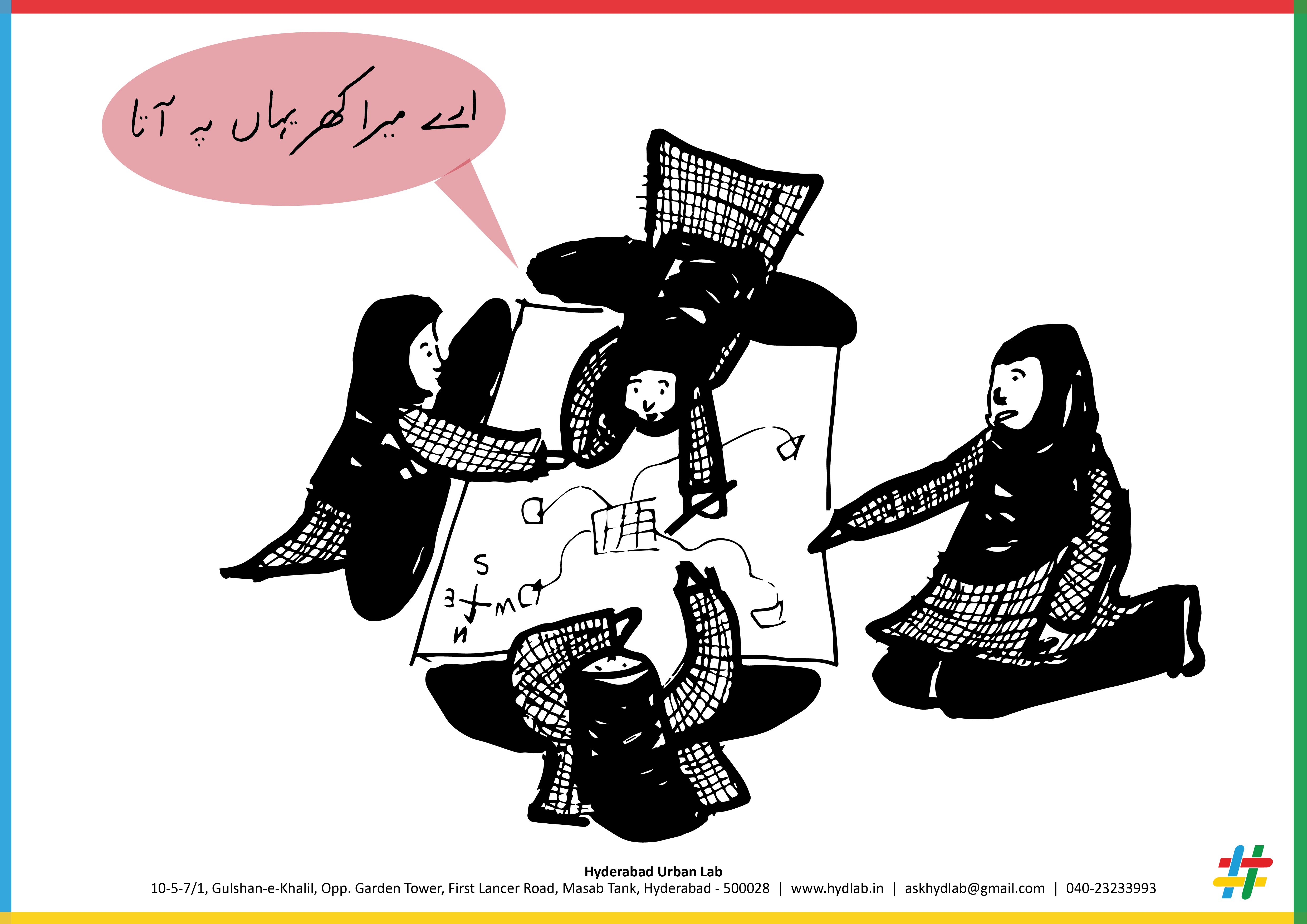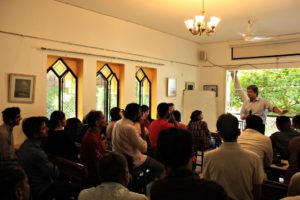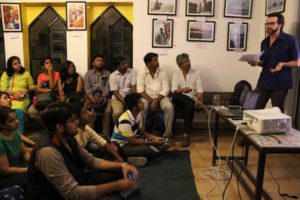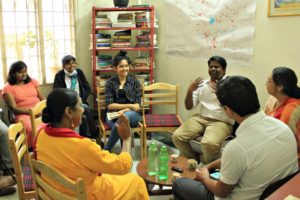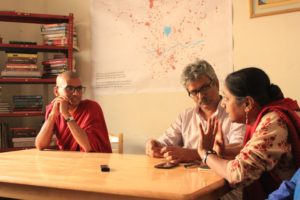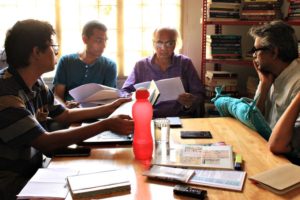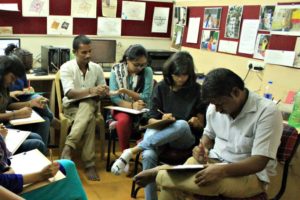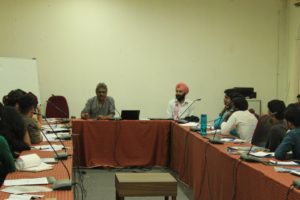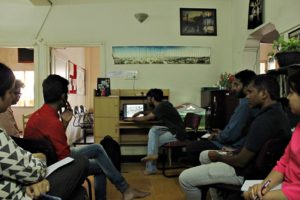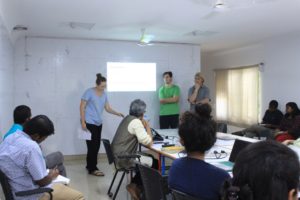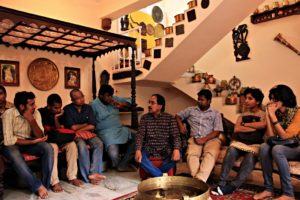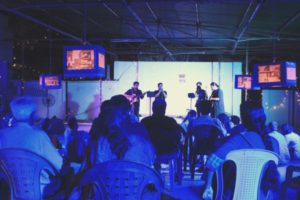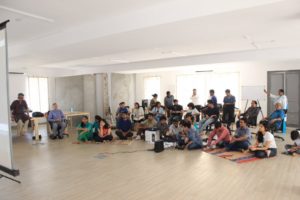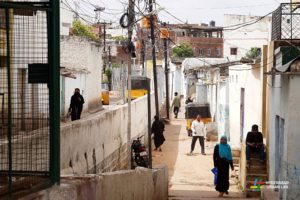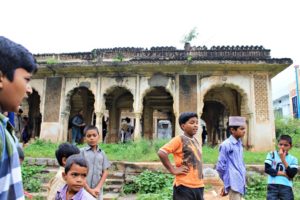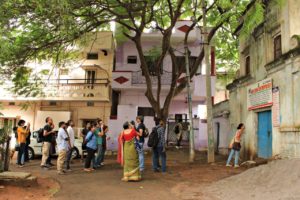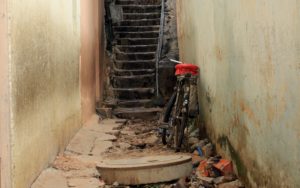GENESIS
Do Din – simply meaning ‘two days’ is a multiplex event that was first organised in Hyderabad in December 2013. It was initially conceived as an urban techno arts festival where several different things would be happening simultaneously as they do in cities. It was specifically about celebrating Hyderabad but also about reflecting on cities in India and elsewhere. There were film screenings, workshops, talks and exhibitions parallelly all at the same venue. Hyderabad Urban Lab was nominally coordinating it all.
At the end of the first Do Din, arose the question, “who owns the event?” The Do Din organizing committee was not an organization and we sensed that it would not be possible to bring it back together in the same way for another iteration of the event. Also to take decisions and organise effectively we needed a group working on it through the year. This led to Hyderabad Urban Lab taking responsibility for organising and hosting the event in successive years. It is always in the third or fourth week of December, year after year.
Our venue, Vidyaranya School was an examined decision too. It was central and therefore easily accessible both in terms of public transport and in terms of internal design. It is known to be a place of non-competitive learning, a symbol of non-aggressive non hostile urban spaces, that we hoped Do Din would performatively create.
Do Din at Vidyaranya, brings together friends, it brings together ideas, sparks new ideas and new commitments for people who are thinking about cities, living working and dreaming cities.
Our Logos
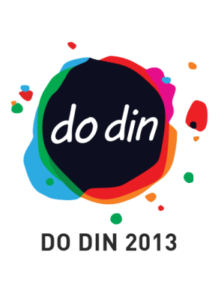
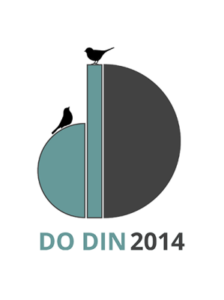
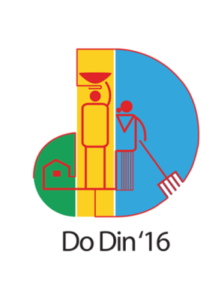
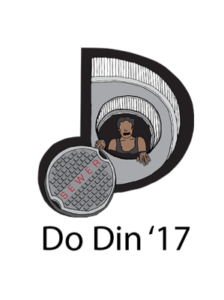
It was born with a splash
We wanted to include creatures big and small
Wellbeing of a city depends on wellbeing of all its people
We need to take precarity by its horns, and turn it into an opportunity…
